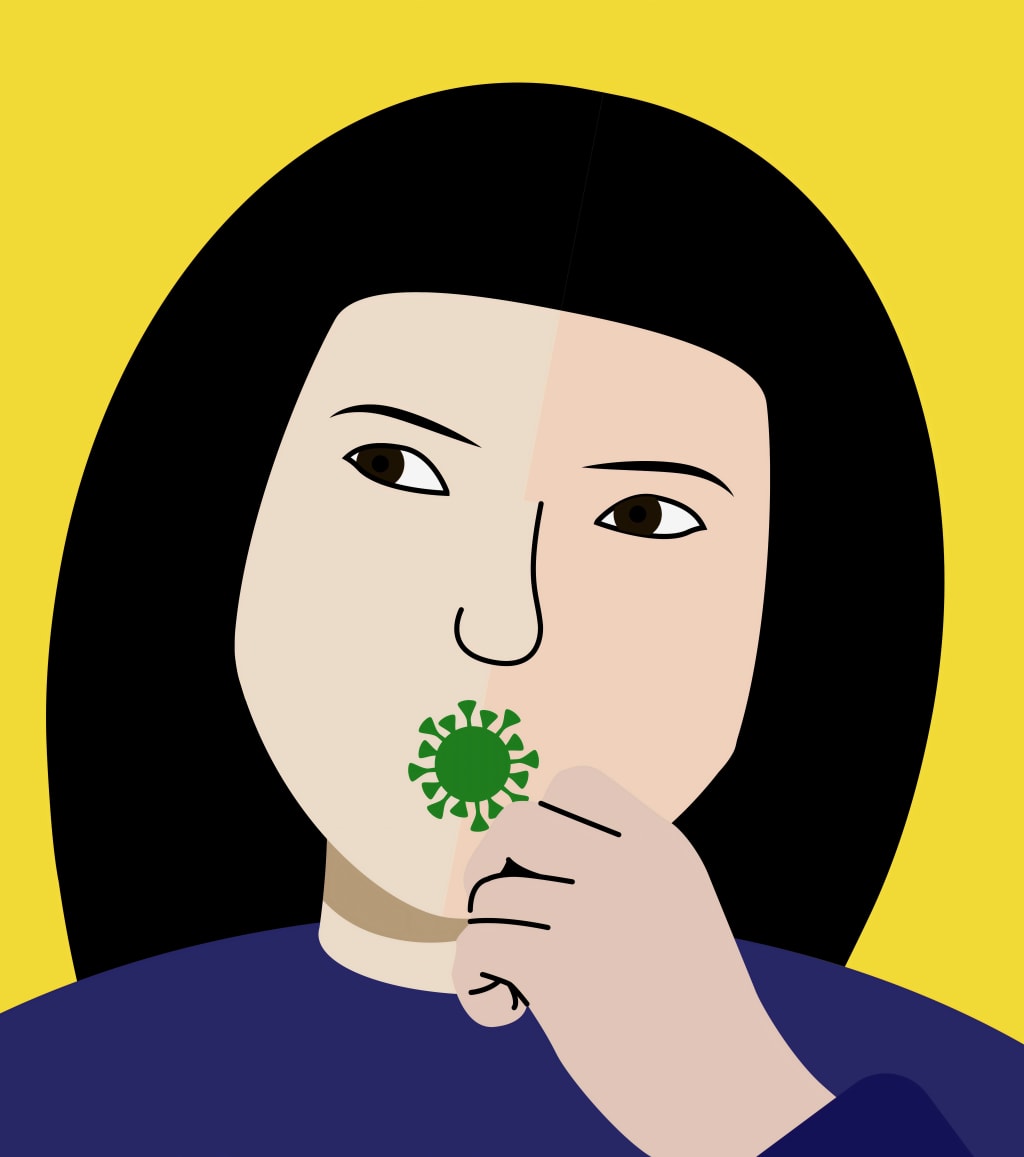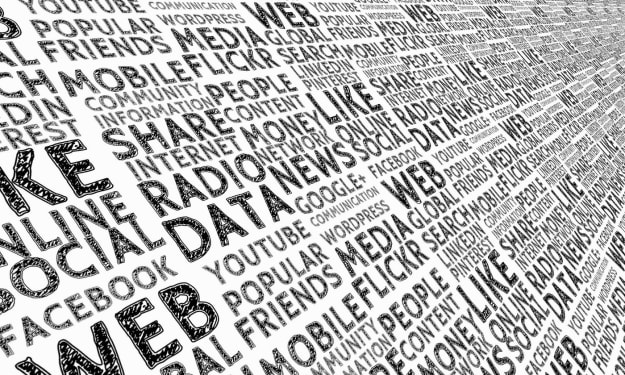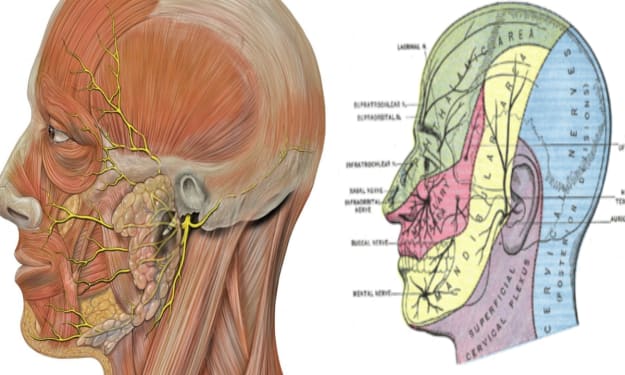How To Combat COVID-19 Misinformation Online
In the times of the novel coronavirus, access to reliable, valid and verifiably true data is essential.

This article was previoulsy published on Dr. James Goydos' Medium.
Technological innovation is a wonderful thing. With the advent of the Internet and the proliferation of search capabilities, we now have more information than ever thought possible at our fingertips. The benefit of this availability of information, however, it not without its costs. Like many things, it can be seen as a double-edged sword. It is how we choose to use it that makes the difference. In a time where tens of billions of search queries are made in a year, it is important we take note of how these technologies are being utilized. Studies indicate that search results can influence decision making. From harmless decisions like who to buy your laundry detergent from, to more life-altering decisions such as who to seek out for medical advisement, search engine results make a lasting impression. And can spell the difference between life and death. In the times of the novel coronavirus, access to reliable, valid and verifiably true data is essential. Unfortunately, with the proliferation of search and social media, there has been a rise in misinformation which leaves many vulnerable to access to inaccurate and downright dangerous information. From data which falsely advocates drinking bleach to kill the coronavirus to those which falsely suggest the means by which the coronavirus can spread, the misinformation can have dire consequences.
The Importance Of Critical Thinking
One of the most important tools one has in their arsenal for combatting misinformation may seem easy to overlook, but it is simple: critical thinking. Of course, it is easy to read a headline and digest the content as if it is true. However, considering the headline and the material of the article in context is essential. Take a second to think about the information being presented. Is the headline accurate? Is there more to the story? Is the content in the story presenting the argument in a reasonable, balanced manner? If something seems one-sided, chances are that is probably is. There are several resources for fact-checking that can help to corroborate sources to identify if information is, in fact, accurate. As with anything, think critically about the resource, and find the one which suits your needs. Search can and should be used for good.
There Are Automated Systems, But Misinformation Slips Through The Cracks
Social media is one arena of the Internet which has seen some of the fastest proliferation of false data. With Facebook and Twitter continuing to rank in the top 10 social networking apps, it comes as no surprise that these networks have been a conduit for the easy transmission of misinformation. While both are different in design and function, the effects they have had on spreading false information regarding COVID-19 has been similar. Both networks, as well as YouTube, have been found to host untruths. These networks have automated systems that are mean to detect this sort of content, from fake users to groups that post dangerous data; however, many things slip through the cracks. This leaves the burden of responsibility in large part to the consumer: you, and every other user on the platform in question.
What You Can Do?
In such uncertain times as these, it is understandable that one may feel helpless. The world is being ravaged by the novel coronavirus. There is currently no known cure. Having a sense of agency may seem implausible. But there is hope. One of the best tools in your arsenal is critical thinking. Do your research and seek out reliable sources of nonpartisan, scientific data. If you find something that seems false, report it. Thankfully, these same platforms that have spread false data have developed a channel by which users can report said information. The World Health Organization has provided a useful page which has assembled multiple platforms’ policies for how to report misinformation online. Much like we must work together to help combat the assault on our immune systems, we must also work together to combat the assault on information.
About James Goydos, M.D.
Dr. James Goydos is an expert in melanoma research and specialist in surgical oncology with an M.D. from Rutgers University. With over 20 years of experience as a Professor, Surgeon, and Clinical Trial Lead, he is a leading expert in his field.
Subscribe to James Goydos’ newsletter. Follow me on Newsbreak, Thrive Global, Good Men Project, Loop, Medium, Instagram, Facebook, YouTube, Medika Life, Doximity, Github, Kaggle, Vocal, LinkedIn, Pinterest, and Twitter!
About the Creator
James Goydos, MD
James Goydos MD - Doctor, surgeon & expert on skin cancer. M.D. from Rutgers. Experience as a Professor of Surgery, Surgical Oncologist, & clinical trial leader. Writing on cancer, detction with camera / computer vision and healthcare.






Comments
There are no comments for this story
Be the first to respond and start the conversation.